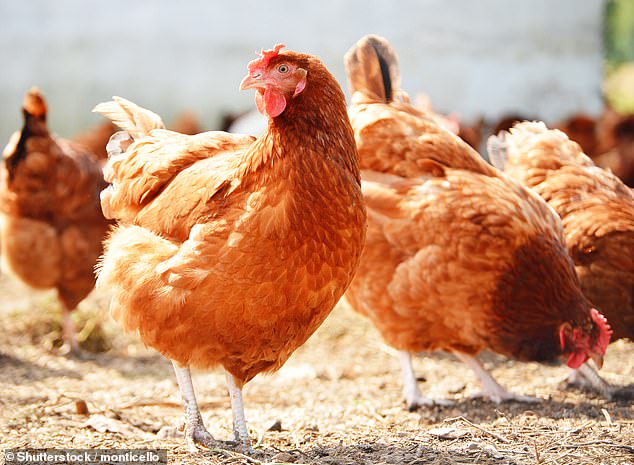The case of a Belgian woman who believed that she was a chicken has been cited by psychiatrists as an example of a potentially under-reported mental health disorder linked to depression.
The 54-year-old woman, who had no history of drug or alcohol abuse, was found by her brother in her garden clucking and blowing her cheeks before crowing like a rooster.
On arrival at an accident and emergency ward, the woman had expressed her conviction and had spoken of feeling new sensations in her limbs.
Following a seizure, the thoughts no longer plagued the woman and she was said to be embarrassed by the episode, of which her memory was impaired.
Researchers from KU Leuven, a university in the Flemish city, writing in the Tijdschrift voor Psychiatrie medical journal suggest that such cases of zoanthropy, where a person believes they are an animal, have gone under-reported due to the difficulties patients face in explaining their thoughts.
There have been only 56 case descriptions in medical and historical literature in the period between 1850 to 2012.
Patients have reported believing they are a dog, lion, tiger, hyena, shark, crocodile, frog, bovine, cat, goose, rhinoceros, rabbit, horse, snake, bird, wild boar, gerbil and a bee.
The woman cited by the researchers had been in a relationship for two decades and had a stable job in a pharmacy where she returned to work a year later.
The research paper links the condition generally to underlying psychiatric disorders such as schizophrenia, psychotic depression and bipolar mood disorder. Symptoms of zoanthropy typically range from one hour to several decades. The delusions are said to be more prevalent in rural and non-industrial areas.
Where there are changes to the sensations in the patients’ limbs, the psychiatrists recommended brain imaging and a EEG scan.
The authors of the paper write that the condition is not yet fully understood. “Clinical zoanthropy, or the conviction of having turned into an animal, is a rare delusion,” they write. “There are different views about its pathogenesis. This delusion can occur with an underlying psychiatric disorder, but it can also be secondary to structural or functional disorders of the brain.”
The Guardian
What's happening in Tunisia?
Subscribe to our Youtube channel for updates.

















































